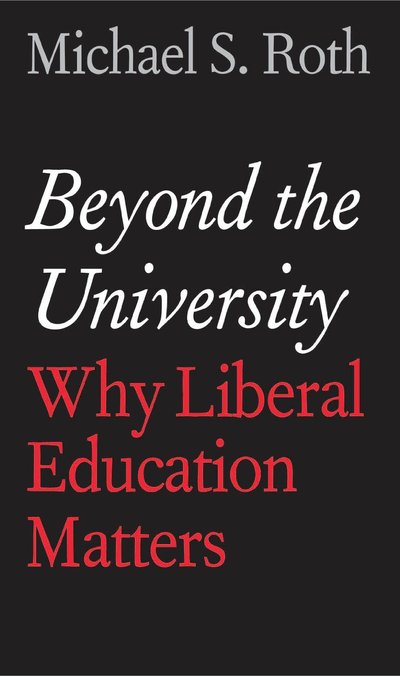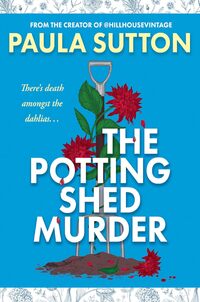

Purchase
Why Liberal Education Matters
Yale University Press
May 2014
On Sale: May 6, 2014
240 pages
ISBN: 0300175515
EAN: 9780300175516
Kindle: B00J5RLE22
Hardcover / e-Book
Add to Wish List
Non-Fiction
Contentious debates over the benefits—or drawbacks—of a
liberal education are as old as America itself. From
Benjamin Franklin to the Internet pundits, critics of higher
education have attacked its irrelevance and elitism—often
calling for more vocational instruction. Thomas Jefferson,
by contrast, believed that nurturing a student’s capacity
for lifelong learning was useful for science and commerce
while also being essential for democracy. In this
provocative contribution to the disputes, university
president Michael S. Roth focuses on important moments and
seminal thinkers in America’s long-running argument over
vocational vs. liberal education.
Conflicting streams of thought flow through American
intellectual history: W. E. B. DuBois’s humanistic
principles of pedagogy for newly emancipated slaves
developed in opposition to Booker T. Washington’s
educational utilitarianism, for example. Jane Addams’s
emphasis on the cultivation of empathy and John Dewey’s
calls for education as civic engagement were rejected as
impractical by those who aimed to train students for
particular economic tasks. Roth explores these arguments
(and more), considers the state of higher education today,
and concludes with a stirring plea for the kind of education
that has, since the founding of the nation, cultivated
individual freedom, promulgated civic virtue, and instilled
hope for the future.
Comments
No comments posted.
Registered users may leave comments.
Log in or register now!
| 


 © 2003-2025 off-the-edge.net
all rights reserved Privacy Policy
© 2003-2025 off-the-edge.net
all rights reserved Privacy Policy